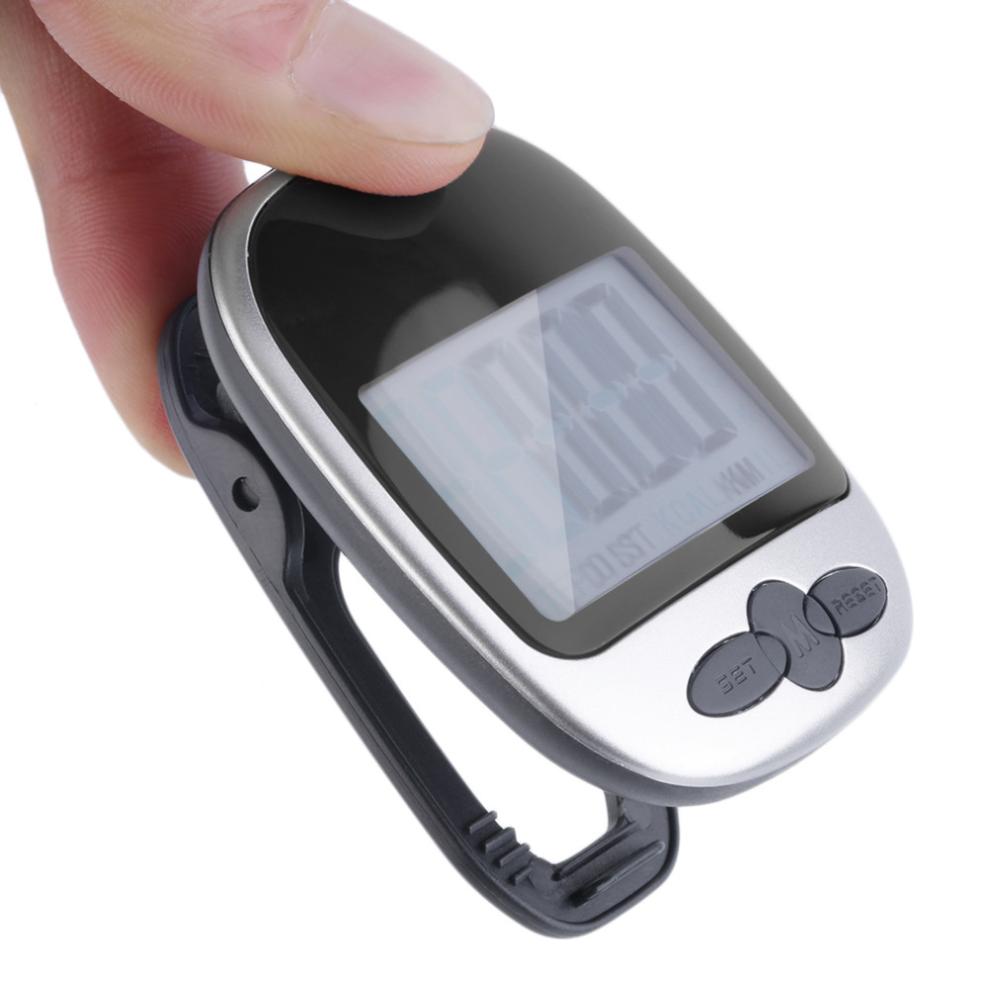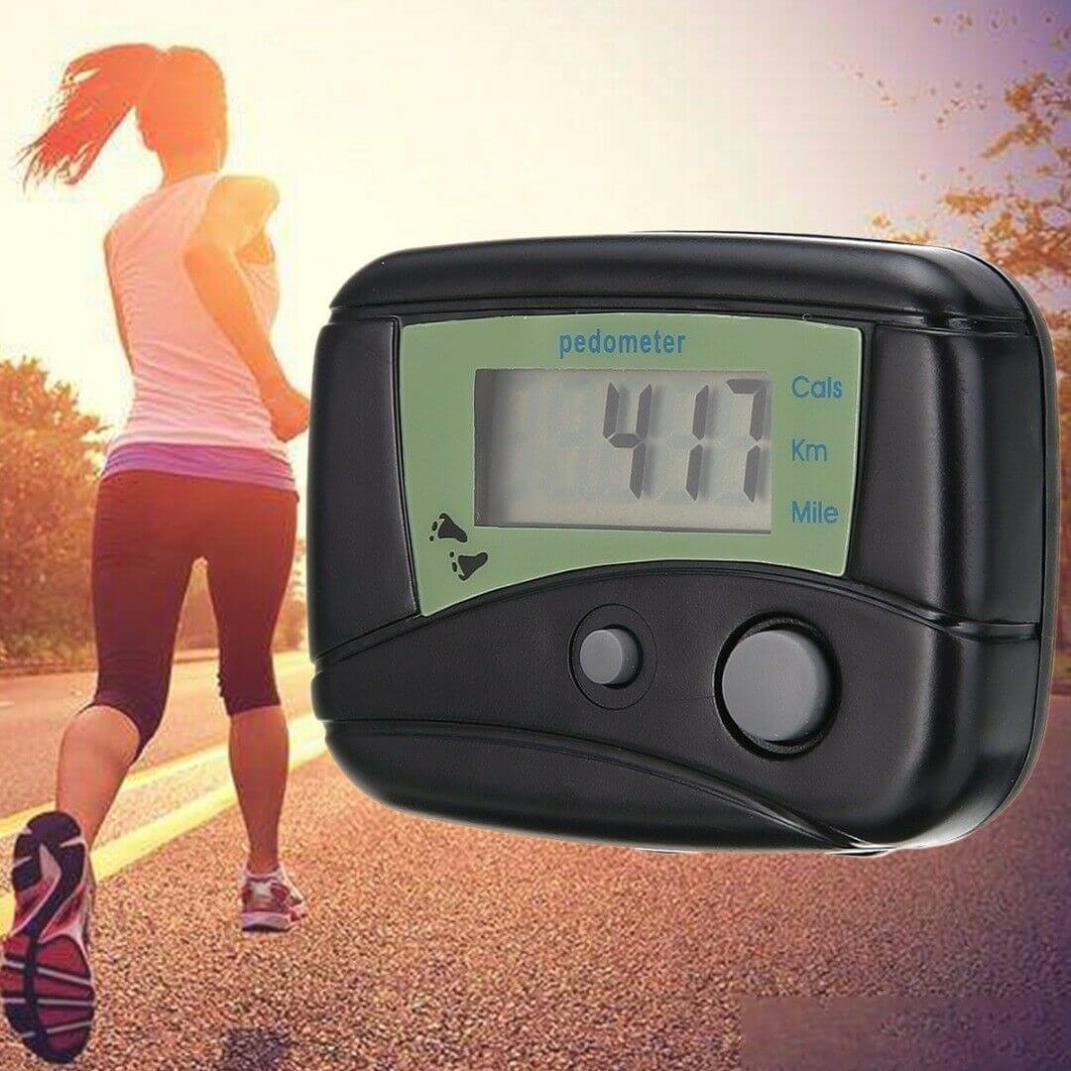How Can I Use Fitness Apps to Improve My Sleep?
Sleep is a vital aspect of our overall health and well-being. It plays a crucial role in physical restoration, cognitive function, and emotional regulation. Unfortunately, sleep issues have become increasingly prevalent in modern society, with many individuals struggling to get the recommended 7-8 hours of sleep per night.

Fitness apps have emerged as a potential tool to help improve sleep. These apps can track sleep patterns, monitor heart rate, and provide personalized insights into sleep quality. By leveraging the capabilities of fitness apps, individuals can gain a better understanding of their sleep habits and take steps to improve their sleep hygiene.
Understanding The Role Of Fitness Apps In Sleep Improvement
Fitness apps can play a significant role in improving sleep by providing valuable data and insights into sleep patterns. These apps use various sensors and algorithms to track sleep duration, sleep stages, and sleep quality. By analyzing this data, fitness apps can identify sleep disturbances, patterns, and trends that may be affecting sleep quality.
Additionally, fitness apps can offer personalized recommendations for improving sleep hygiene. These recommendations may include adjusting sleep schedules, creating a relaxing bedtime routine, and avoiding caffeine and alcohol before bed. By following these recommendations, individuals can improve their sleep habits and promote better sleep.
Choosing The Right Fitness App For Sleep Tracking

Selecting the right fitness app for sleep tracking is essential for getting the most accurate and useful data. Here are some criteria to consider when choosing a fitness app:
- Accuracy: Look for apps that use validated sensors and algorithms to track sleep accurately.
- Features: Consider apps that offer a range of sleep tracking features, such as sleep duration, sleep stages, and sleep quality monitoring.
- Compatibility: Ensure that the app is compatible with your smartphone and other devices you use for sleep tracking.
- User-friendliness: Choose an app with a user-friendly interface that is easy to navigate and understand.
Some popular fitness apps known for their sleep tracking capabilities include:
- Fitbit
- Apple Health
- Google Fit
- Sleep Cycle
- Pillow
Setting Up Your Fitness App For Sleep Tracking
Once you have chosen a fitness app, you need to set it up for sleep tracking. Here are step-by-step instructions on how to set up a fitness app for sleep tracking:
- Download and install the app: Download the fitness app from the App Store or Google Play Store and install it on your smartphone.
- Create an account: Create an account with the app using your email address or social media account.
- Set up your profile: Enter your personal information, such as your age, weight, and height, to help the app provide personalized insights.
- Connect your devices: If you have a fitness tracker or smartwatch, connect it to the app to enable sleep tracking.
- Enable sleep tracking: Activate the sleep tracking feature in the app. This may involve setting a sleep schedule or enabling automatic sleep tracking.
Using Fitness Apps To Monitor Sleep Patterns
Once you have set up your fitness app for sleep tracking, you can start using it to monitor your sleep patterns. Here's how to use fitness apps to track sleep duration, sleep stages, and sleep quality:
- Sleep duration: Fitness apps track the total amount of time you spend asleep, including both light and deep sleep.
- Sleep stages: Fitness apps can distinguish between different sleep stages, such as light sleep, deep sleep, and REM sleep. This information can help you understand the quality of your sleep.
- Sleep quality: Fitness apps use various metrics to assess sleep quality, such as sleep efficiency (the percentage of time spent asleep compared to the total time in bed) and sleep disturbances (such as awakenings and restless sleep).
By tracking these sleep metrics, fitness apps can provide valuable insights into your sleep patterns and help you identify areas for improvement.
Identifying Sleep Disturbances And Patterns
Fitness apps can help identify common sleep disturbances that may be affecting your sleep quality. These disturbances may include:
- Sleep apnea: Fitness apps can detect pauses in breathing during sleep, which may indicate sleep apnea.
- Restless leg syndrome: Fitness apps can track leg movements during sleep, which may indicate restless leg syndrome.
- Insomnia: Fitness apps can help identify patterns of difficulty falling or staying asleep, which may indicate insomnia.
Additionally, fitness apps can help identify sleep patterns, such as circadian rhythms and sleep-wake cycles. This information can be useful for understanding how your sleep is affected by external factors, such as light exposure and daily activities.
Using Fitness Apps To Improve Sleep Hygiene
Fitness apps can provide personalized recommendations for improving sleep hygiene, which is a set of habits and practices that promote good sleep. Here are some specific recommendations for using fitness apps to improve sleep hygiene:
- Set consistent sleep schedules: Fitness apps can help you set and maintain consistent sleep and wake times, even on weekends.
- Create a relaxing bedtime routine: Fitness apps can offer guided meditations, sleep sounds, and other relaxation techniques to help you wind down before bed.
- Avoid caffeine and alcohol before bed: Fitness apps can track your caffeine and alcohol intake and provide recommendations for avoiding these substances before bedtime.
- Get regular exercise: Fitness apps can help you track your physical activity and ensure that you are getting enough exercise to promote good sleep.
By following these recommendations, you can improve your sleep hygiene and promote better sleep.
Additional Features Of Fitness Apps For Sleep Improvement
In addition to the core sleep tracking and monitoring features, many fitness apps offer additional features that can contribute to sleep improvement. These features may include:
- Guided meditations: Some fitness apps offer guided meditations and relaxation techniques to help you fall asleep more easily.
- Sleep sounds: Fitness apps may provide a library of sleep sounds, such as white noise, rain, or nature sounds, to help you block out distractions and create a more conducive environment for sleep.
- Personalized sleep coaching: Some fitness apps offer personalized sleep coaching programs that provide tailored advice and guidance for improving sleep quality.
These additional features can enhance the overall sleep improvement experience and help you achieve better sleep.
Limitations And Considerations
While fitness apps can be a valuable tool for improving sleep, it is important to acknowledge their limitations. Fitness apps may not be able to diagnose or treat sleep disorders. If you have persistent sleep problems, it is important to consult a healthcare professional for proper diagnosis and treatment.
Additionally, fitness apps may not be suitable for everyone. Individuals with certain medical conditions or who are pregnant should consult their doctor before using fitness apps for sleep tracking.
Fitness apps can be a valuable tool for improving sleep by providing personalized insights into sleep patterns, identifying sleep disturbances and patterns, and offering recommendations for improving sleep hygiene. By leveraging the capabilities of fitness apps, individuals can gain a better understanding of their sleep habits and take steps to improve their sleep quality.
However, it is important to acknowledge the limitations of fitness apps and to consult a healthcare professional for persistent sleep problems. By using fitness apps responsibly and in conjunction with professional guidance, individuals can harness the power of technology to improve their sleep and overall well-being.
YesNo

Leave a Reply